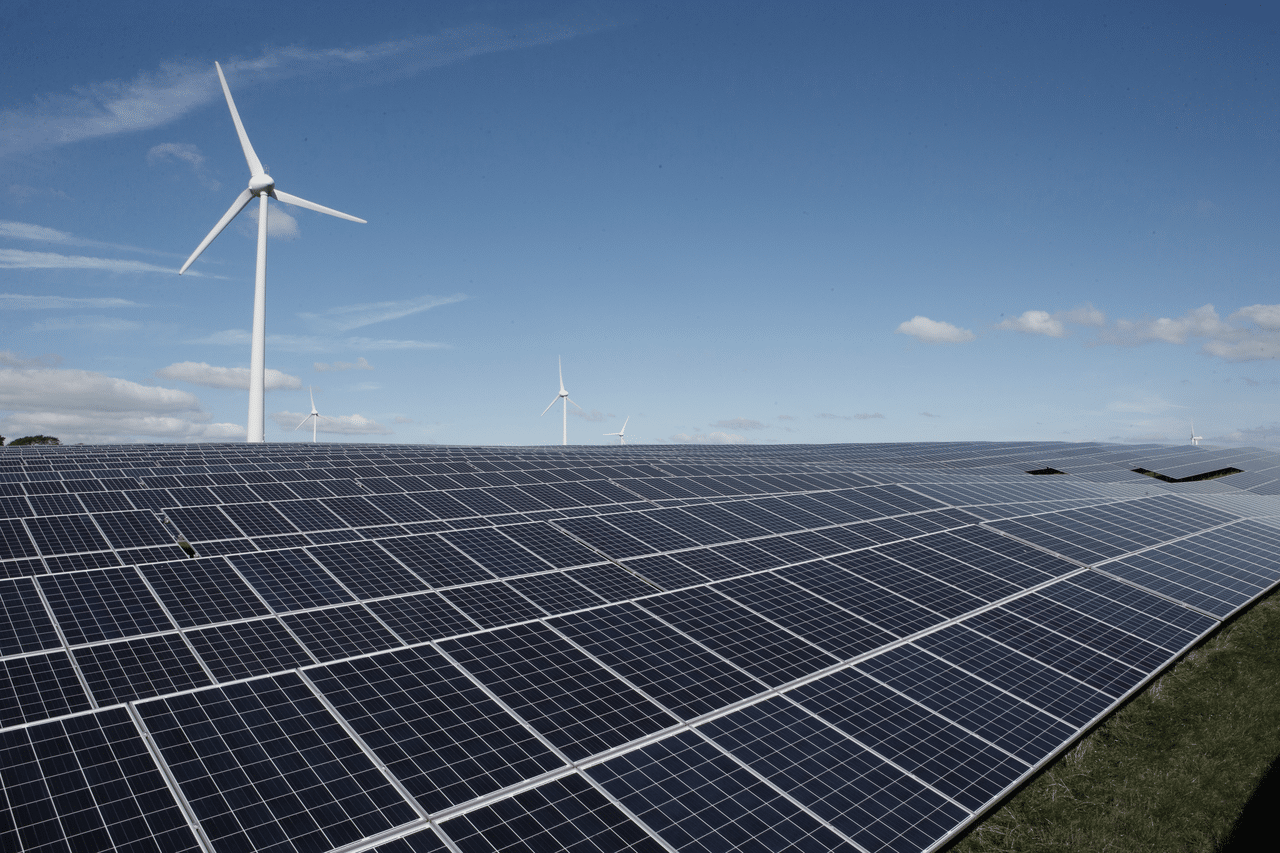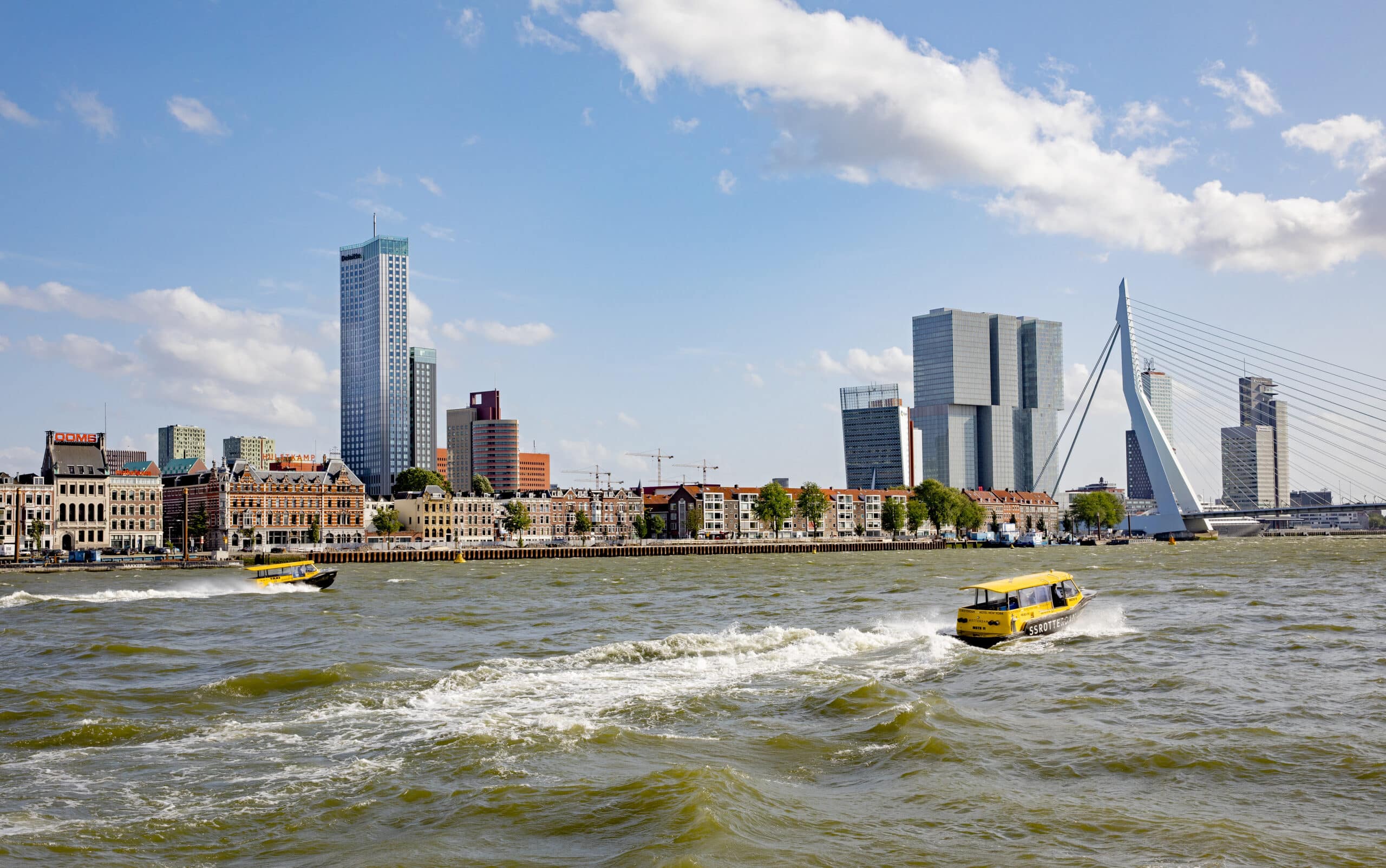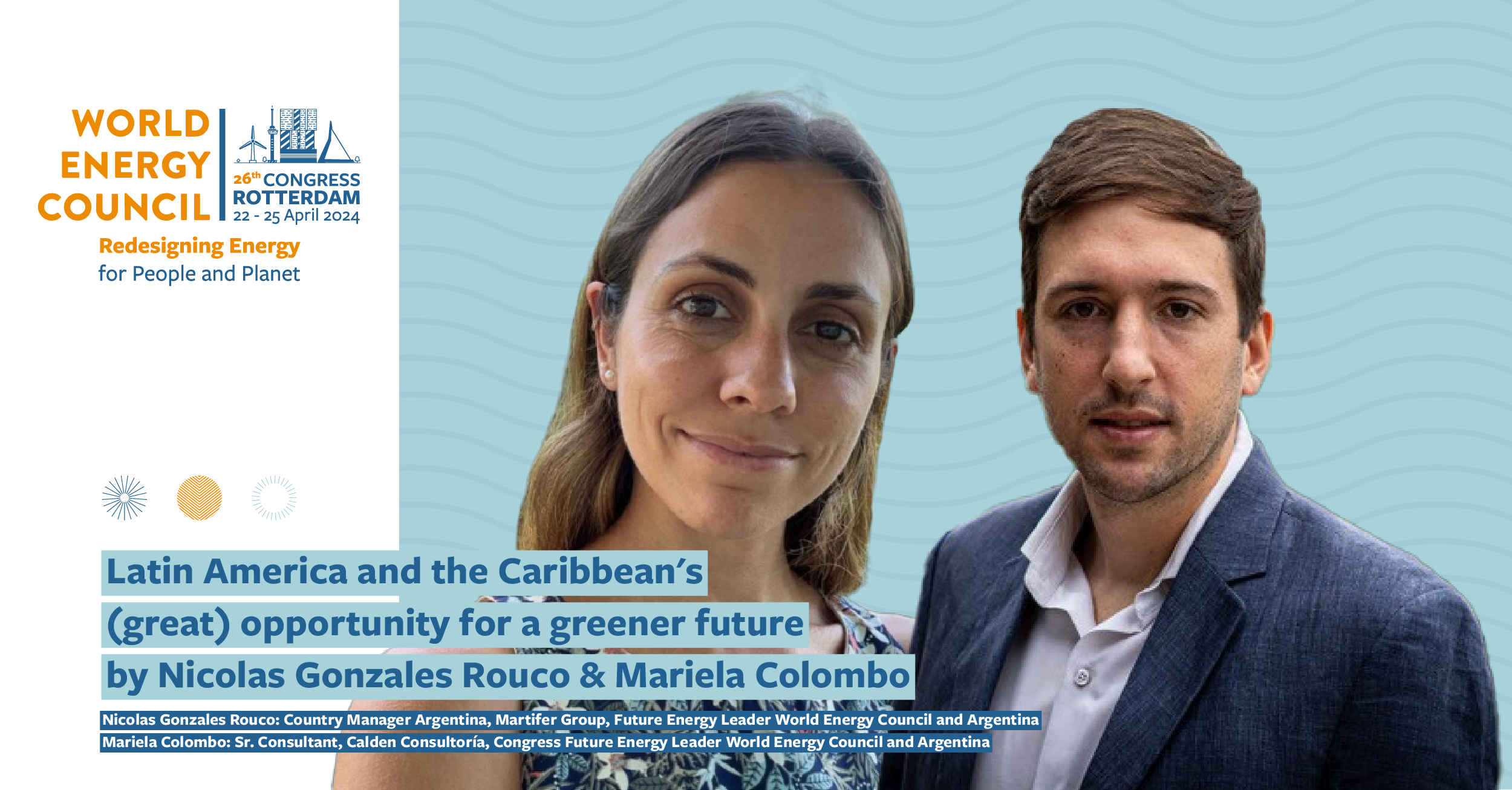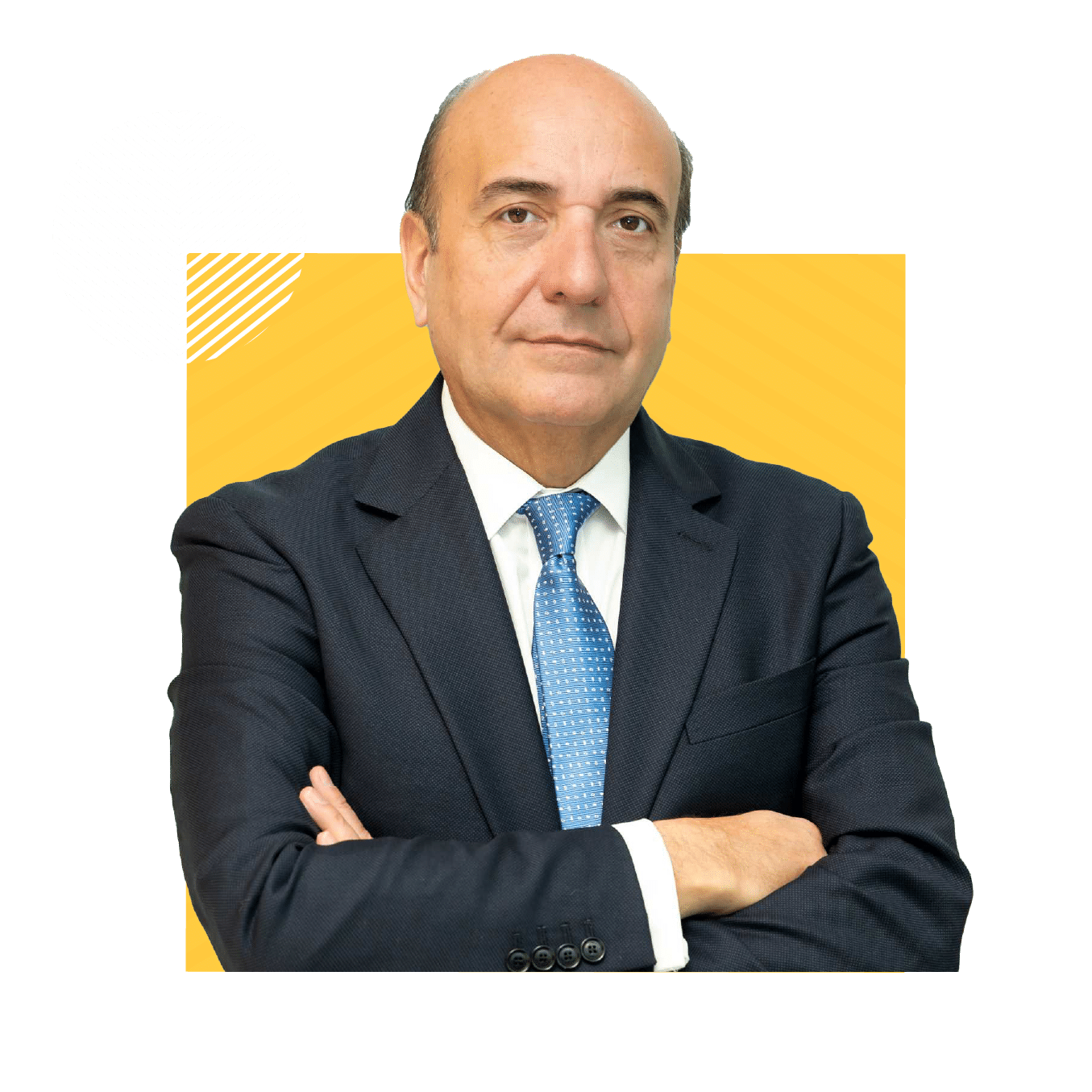Redefining energy for a faster transition
27.09.2023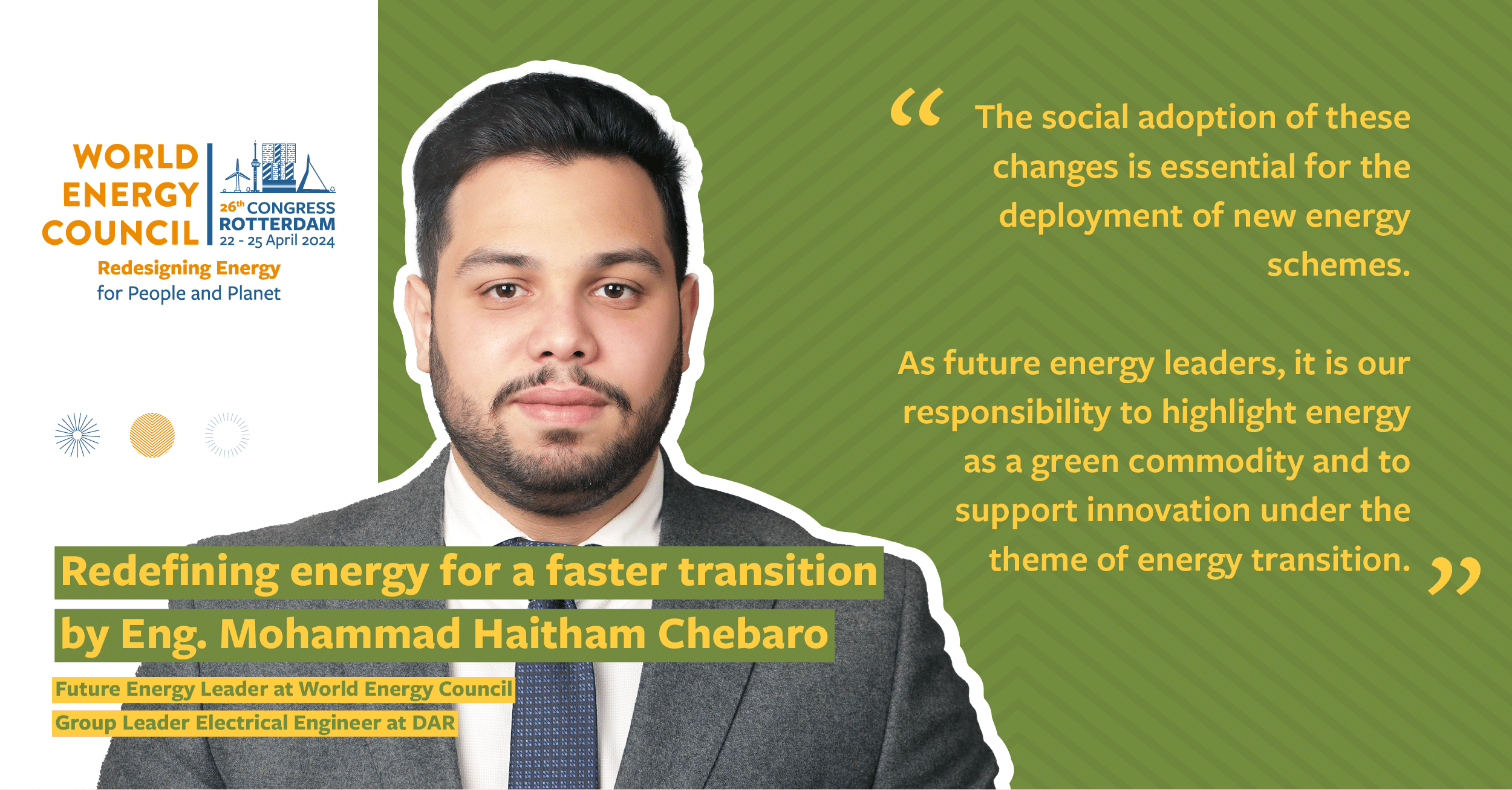
Energy can be defined as a measurable property of matter that can be converted into different forms playing a critical role in the functioning of the natural world. Raw materials generating energy are considered as valuable commodities. The value of these commodities increases as the demand for energy increase, making them crucial components of the global balanced economy. In the era of energy transition, global interest in renewable energy sources has increased, with the aim of reducing our dependency on fossil fuels and of mitigating the impact of climate change. How to make green or sustainable energy a commodity with higher value than conventional energies, that can be mined, stored and/or traded?
Currently, Renewable Energy Certificates (REC) and Carbon Offsets (CO) are the key assets in the green energy market. However, many other initiatives can be further investigated under the umbrella of “Energy Leadership and Innovation”, enabling a faster and fairer transition. New market structures and systems of operations are being developed. Following are some of the innovative initiatives transforming energy to a universal green commodity:
- Open Energy Markets with high time and space granularity enabling across the border real time renewable energy trading.
- Energy-as-a-service by offering various energy-related services to consumers rather than only selling electricity, thus enabling better deployment and management of distributed energy resources.
- Community ownership models with collective ownership of green energy generation, transmission and distribution facilities among users.
- Pay-as-you-go models proving affordable energy access from renewable resources to less fortunate and off-grid communities.
- Dynamic Energy Pricing & Dynamic Line Rating aiming to reduce grid congestion, and to control the energy demand while generating profits.
- Virtual Powerline (VPL) consisting of utility scale storage connected on both of supply and demand sides reducing congestion on the grid and thus cutting the grid expansion cost.
- Virtual Power Plants (VPP) consisting of networks of distributed energy resources interconnected and coordinated via advanced ICT schemes providing grid services and open market energy trading among users.

The social adoption of these changes is essential for the deployment of new energy schemes. As future energy leaders, it is our responsibility to highlight energy as a green commodity and to support innovation under the theme of energy transition. That is why our next stop will be the 26th World Energy Congress in Rotterdam, 22-25 April 2024 where the discussions about energy transitions and humanising energy will involve all the key energy players and the voice of the future energy leaders.
References: World Energy Transition Outlook, 2022, IRENA
Future Energy Leader at World Energy Council
Group Leader Electrical Engineer at Dar
